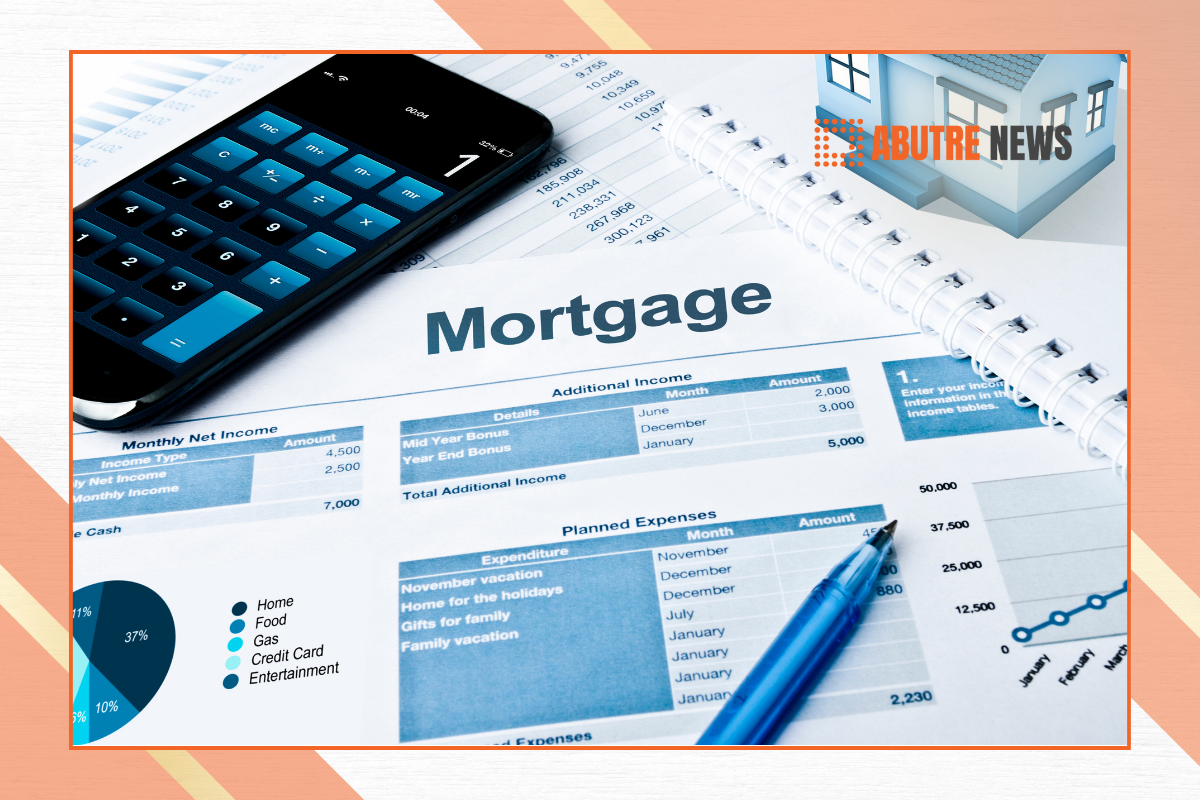We recommendation is:
How to Get a Mortgage With Poor Credit

When we discuss “Poor Credit” we go beyond a mere credit score, aiming for a comprehensive comprehension that extends beyond the numerical measure of creditworthiness. Here are a couple of key considerations:
-
Factors beyond the Credit Score
Although the credit score holds significance, evaluating poor credit involves examining diverse financial elements. This encompasses understanding the contributors to the low credit score, such as late payments, defaults, or high credit utilization.
-
Analysis of Debt-to-Income Ratio and Credit Report Details
For a comprehensive insight, it’s crucial to examine the debt-to-income ratio, unveiling the percentage of income designated for repaying debts. A high ratio might signal financial stress. Delving into credit report specifics involves assessing the factors impacting the credit score, including late payments, outstanding debts, or any inaccuracies requiring correction.
Impact of Poor Credit on Mortgage
Having a low credit score can significantly hinder your ability to secure a mortgage, as lenders heavily rely on this score to assess your creditworthiness.
Here’s how poor credit can impact your mortgage:
- Increased Interest Charges: Lenders might view you as a higher-risk borrower due to poor credit, resulting in a mortgage offer with higher interest rates. This means you’ll be paying more over the entire loan term.
- Down Payment Requirements: Lenders might insist on a larger down payment if your credit is poor, serving as a risk mitigation strategy on their part. This larger upfront payment could pose a challenge for some borrowers.
- Approval Challenges: Obtaining approval for a mortgage becomes more challenging with poor credit. Lenders might be reluctant to offer loans to individuals with a history of delayed payments, defaults, or other credit-related issues.
- Restricted Loan Limits: Despite securing a mortgage with poor credit, the approved loan amount might be less than what you’d be eligible for with a higher credit score. This limitation could impact your ability to purchase your desired home.
The Significance of Rent History In Mortgage
No credit history? Rent payments matter for mortgages:
- Alternative Credit Check: Lenders use rent payments to gauge financial responsibility without traditional credit history.
- Financial Stability: On-time rent payments show stability, making applicants more attractive to lenders.
- Payment Patterns: Rent history reveals a borrower’s ability to manage ongoing financial responsibilities.
- Credit Substitute: Positive rent payment history is crucial for those without a credit history, addressing concerns.
- Building Trust: Strong rent payment records build trust, boosting confidence for mortgage approval.
Ways to Obtain a Mortgage with Poor Credit
Getting a mortgage with poor credit in Canada can be tough, but not impossible. Consider these strategies:
- Save for a Larger Down Payment: A substantial down payment can offset poor credit, making lenders more open to working with you.
- Seek Professional Advice: Consult a mortgage broker or financial advisor for guidance on improving credit and connecting with flexible lenders.
- Demonstrate Income and Stability: Strengthen your application by showcasing a stable income and employment history.
- Get a Co-Signer: If someone with good credit is willing, a co-signer can provide additional security to lenders.
- Improve Your Credit: Prioritize paying off debts, staying current on bills, and fixing any credit report errors before applying.
Navigating Mortgage Solutions for Poor Credit in Canada:
Discovering customized mortgage solutions for low credit in Canada unveils opportunities with FHA, VA, and USDA loans, alongside state and local programs providing essential financial support as followed:
FHA Loans: Explore Federal Housing Administration (FHA) loans, recognized for accommodating lower credit scores and offering accessible down payment options.
- Criteria: Accessible with a minimum credit score of 500; a higher score may secure a lower down payment.
- Down Payment Requirements: Minimum 3.5% for a credit score of 580 or higher; 10% for lower scores.
- Eligibility: Open to individuals with a stable employment history and sufficient income.
VA Loans: If you’re a veteran, consider VA loans, often featuring more lenient credit requirements and favorable terms.
-
- Criteria: Typically more lenient credit requirements without a specific threshold.
- Down Payment Requirements: Often doesn’t require a down payment, appealing to eligible veterans.
- Eligibility: Available to active-duty military, veterans, and eligible surviving spouses.
USDA Loans: Check out United States Department of Agriculture (USDA) loans, particularly beneficial when purchasing a home in a designated rural area.
-
- Criteria: Consider various factors, including credit score, with no strict minimum requirement.
- Down Payment Requirements: May not require a down payment, subject to specific eligibility criteria.
- Eligibility: Designed for individuals buying homes in designated rural areas with income limitations.
Explore regional programs: Look into state or local initiatives in Canada that focus on supporting first-time homebuyers dealing with poor credit. Examples include the Home Buyers’ Plan (HBP) and various provincial programs providing financial aid.
- Criteria: Varies by program, considering factors like income, credit history, and home location.
- Down Payment Requirements: Assistance programs may provide grants or loans for down payments.
- Eligibility: Tailored to first-time homebuyers with limited financial means, subject to specific program requirements.
Mortgage Mastery Unveiled: Strategies for Exploring Rates, Harnessing Broker Support, and Ensuring Financial Stability
Here’s a condensed guide to mastering your mortgage journey:
Rate Exploration:
- Shop Around: Explore multiple lenders for the best rates. Use online tools to compare offers.
- Understand Terms: Beyond rates, grasp terms, fees, and potential hidden costs.
Broker Support:
- Harness Expertise: Mortgage brokers offer valuable expertise and access to diverse lenders.
- Negotiation Power: Brokers can negotiate better terms and rates on your behalf.
Financial Stability:
- Budget Wisely: Avoid overextending. Consider all costs, including taxes and insurance.
- Emergency Fund: Maintain a financial buffer for unexpected expenses.
- Regular Reviews: Periodically review and adapt your strategy. Consider refinancing for better terms.
Stay informed, seek professional advice, and ensure a secure homeownership journey.
Financial Navigation: Prudent Steps, Thorough Online Research, and Quick Credit Score Improvement Tactics.
Here’s a concise guide for financial navigation:
Prudent Financial Moves:
- Budgeting: Create a realistic budget and prioritize savings.
- Emergency Fund: Build a fund for unexpected expenses.
- Debt Management: Prioritize paying off high-interest debts.
Thorough Online Research:
- Comparisons: Compare financial options online thoroughly.
- Reviews: Read reviews and testimonials for insights.
- Educational Resources: Use online resources for financial education.
Quick Credit Score Improvement Tactics:
- Review Credit Report: Regularly check and dispute errors promptly.
- Timely Payments: Consistently pay bills on time.
- Credit Utilization: Manage credit card balances for a low utilization ratio.
- Negotiate with Creditors: Consider negotiating for favorable terms.
Strengthen Your Finances: Discover Expert Tips and Insights on Abutre News for an Enhanced Financial Journey
Elevate your financial journey with expert tips and insights from Abutre News. Whether you’re focused on smart budgeting or savvy investment strategies, our articles provide valuable guidance. You can follow Abutre News for a wealth of resources to fortify your financial foundation and make well-informed decisions.




